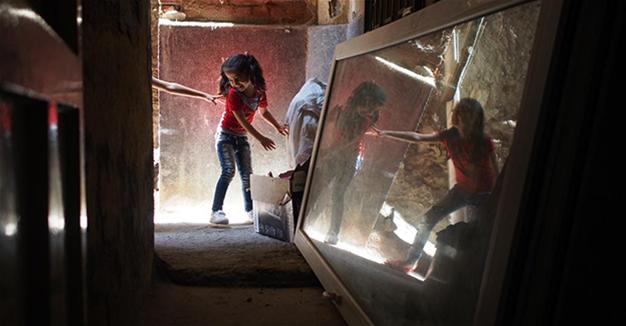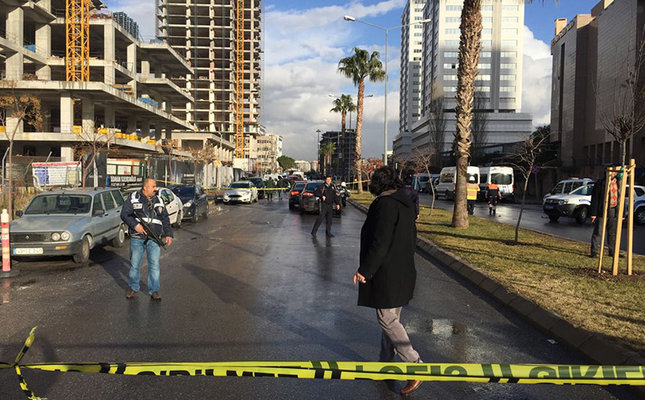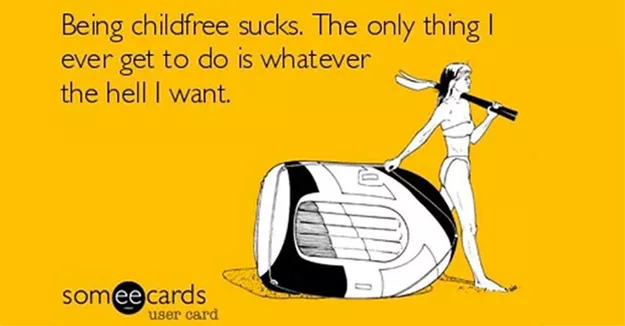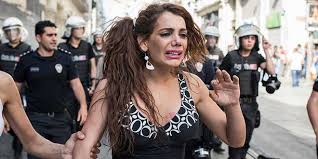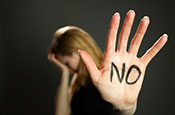LIFE & POLITICS
Syrians in Turkey: Candid Shots vs Myths
“When you enter a refugee family’s home, you immediately understand what their future plans are,” said Sinan Kılıç, a photographer who has been working on documentaries of refugees and migrants for the last five years
READ MOREIzmir’s loss of innocence
Safe is a relative term if you live in a country that had suffered half a dozen acts of terrorism in less than a month. Safe has become a selfish word that makes you blush and cringe every time you pronounce it or mark it on your Facebook timeline. Safe now means that you are not among the ones who died or were injured – this time. “We are OK,” is even worse because it means that people who died were people we did not know.
READ MOREDear Government, I’m not having kids, can we move on?
If Erdoğan caughs, the whole party gets a cold. His obsession and conservative views with marriage, kids and family planning are echoed all the way down, from whatever Prime Minister he has at any given time to the more youthful Erdoğan protegees in the party.
READ MORE‘Other’ victims of Turkey: Hande, Aslı and R.D.
What twisted logic enforces a hierarchy among the victims and causes us to take some victims of violence to heart but push others away? Why do we have trouble standing up for Hande, the mutilated prostitute; Aslı, the uncompromising rebel who wrote for a pro-Kurdish daily that we do not read; and R.D., the Kurdish girl raped by village guards in the southeast?
READ MORETurkey’s introduction of chemical castration for sex offenders create mixed reaction
“This is both against the human rights and medical ethics,” said Gülsüm Kav, the president of the “We Will Stop Femicide Platform,” a nation-wide women’s network which provides legal assistance and support to women who are victims of violence and sexual assaults.
READ MOREİzmir strives to breathe life into city’s old Jewish district
The Synagogue Street Project aims to ensure that the changes made is relevant to the residents of the street. Architect Zehra Akdemir's mission is two-fold: to ensure that the current problems of the street are solved by the local authorities and to gently direct the shopkeepers, with faith restored, toward the ultimate goal of creating a more attractive area without changing its essence
READ MORE
